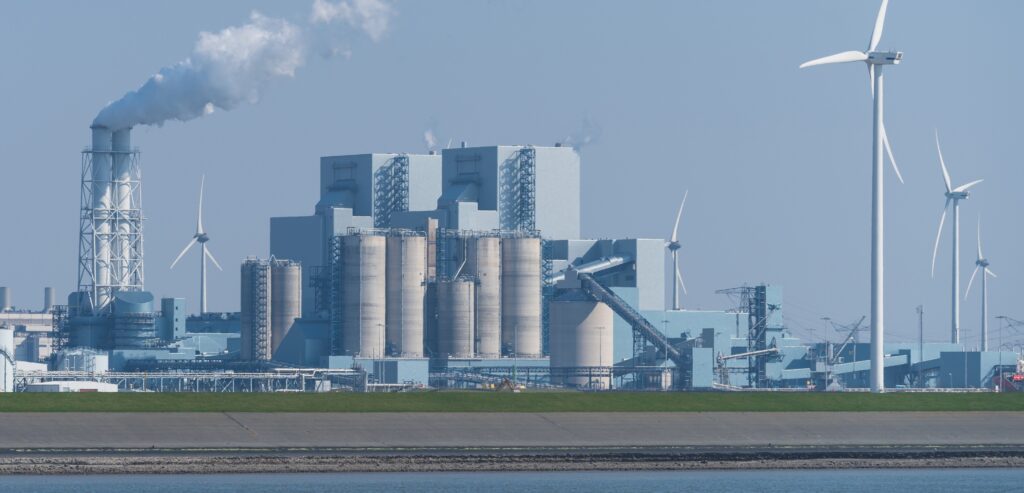As the news hits home that Rishi Sunak and his faithful government will further invest into new gas-fired power stations, we read with interest a more attractive alternative which would allow us to in fact save the nation over £10 billion per year on energy bills, without spending a penny of public money.

The conservative government’s decision this week goes against their supposed commitment of reaching zero carbon electricity by 2035. In reality, their choice secures another 10 years at least of sky-high energy costs and takes away the investment potential of reducing energy prices long-term, by building the infrastructure needed to support renewable power generation.
The Only Way To Reduce Energy Prices Long-Term….
Research has shown that solar power is now the cheapest form of generating electricity, with renewables offering the only way in which we can ensure energy security is achieved long-term. Moreover, as the world economy is forecast to treble by 2050, we are being placed in an irretrievable position, where the task of building firm foundations for generating carbon-free energy will become almost impossible the longer we leave it.
At the very least, why are we not making the equivalent investment simultaneously into clean renewable power? Thus supporting a transition towards reducing our cost of living and improving the damaging effects that fossil fuels are imposing on the sustainability of our planet.
So, as the spring budget is revealed in advance of announcing a general election – a Green Budget is launched by Green Industrialist, Dale Vince – including a six step process of ‘cost-free measures that would save the nation over £10 billion per year on energy bills, helping tackle the cost-of-living crisis.‘
Green Budget Headlines – How To Reduce Costs
1. Lift the ban on onshore wind – saving £16.3 billion over next ten years on the nation’s energy bills.
2. Reinstate the zero carbon standard for new home building – saving £9 billion over the next ten years on the nation’s energy bills, just from new homes.
3. Cap the price of North Sea gas – as we have with retail energy bills, this would save consumers £60 billion over the next ten years.
4. Break the link between gas prices and electricity – saving £50 billion over the next ten years.
5. Launch a national program for Energy Independent homes – which will produce 25% of the green energy we need to reach 100% targets (with no grid delays) + lower home energy bills by £1500 per year.
6. We can fund the energy independence national programme – by transitioning subsidies away from fossil fuels (currently £16 billion per year) to this program over a 5 year period.
To understand how this Green Budget will work – read Dale’s full blog here >>
Quite simply – to reduce energy costs, improve energy security and achieve zero-carbon targets, investment must be made NOW to develop renewables and grid capacity. Instead, renewable projects have been left waiting or are constantly being rejected, because the infrastructure required does not currently exist.
Positive change is needed – now, more than ever.